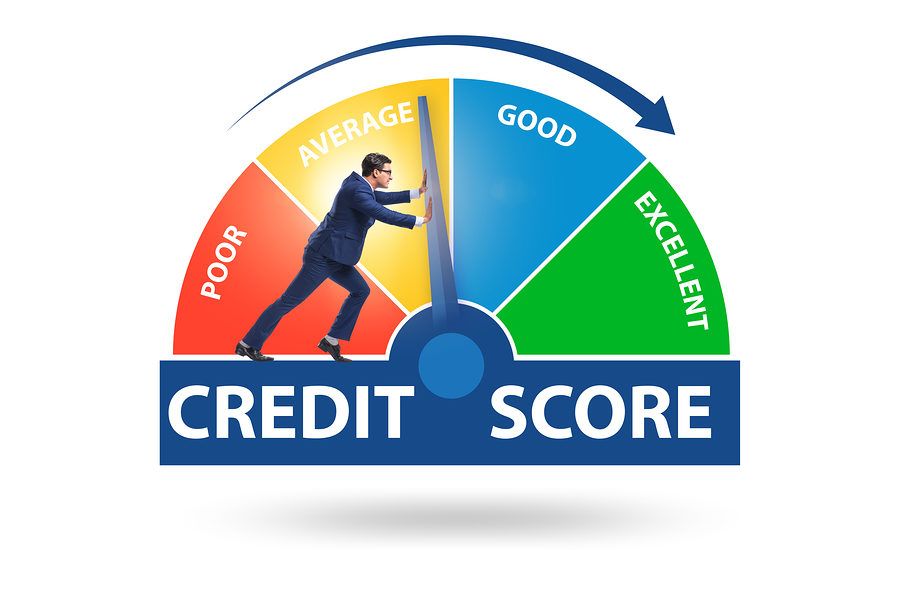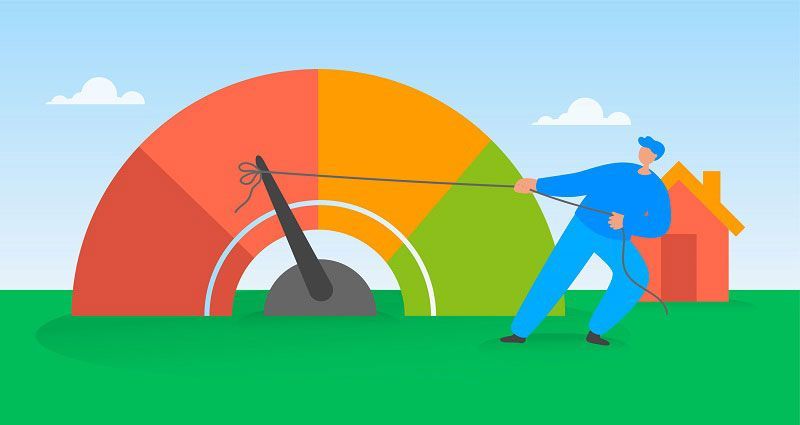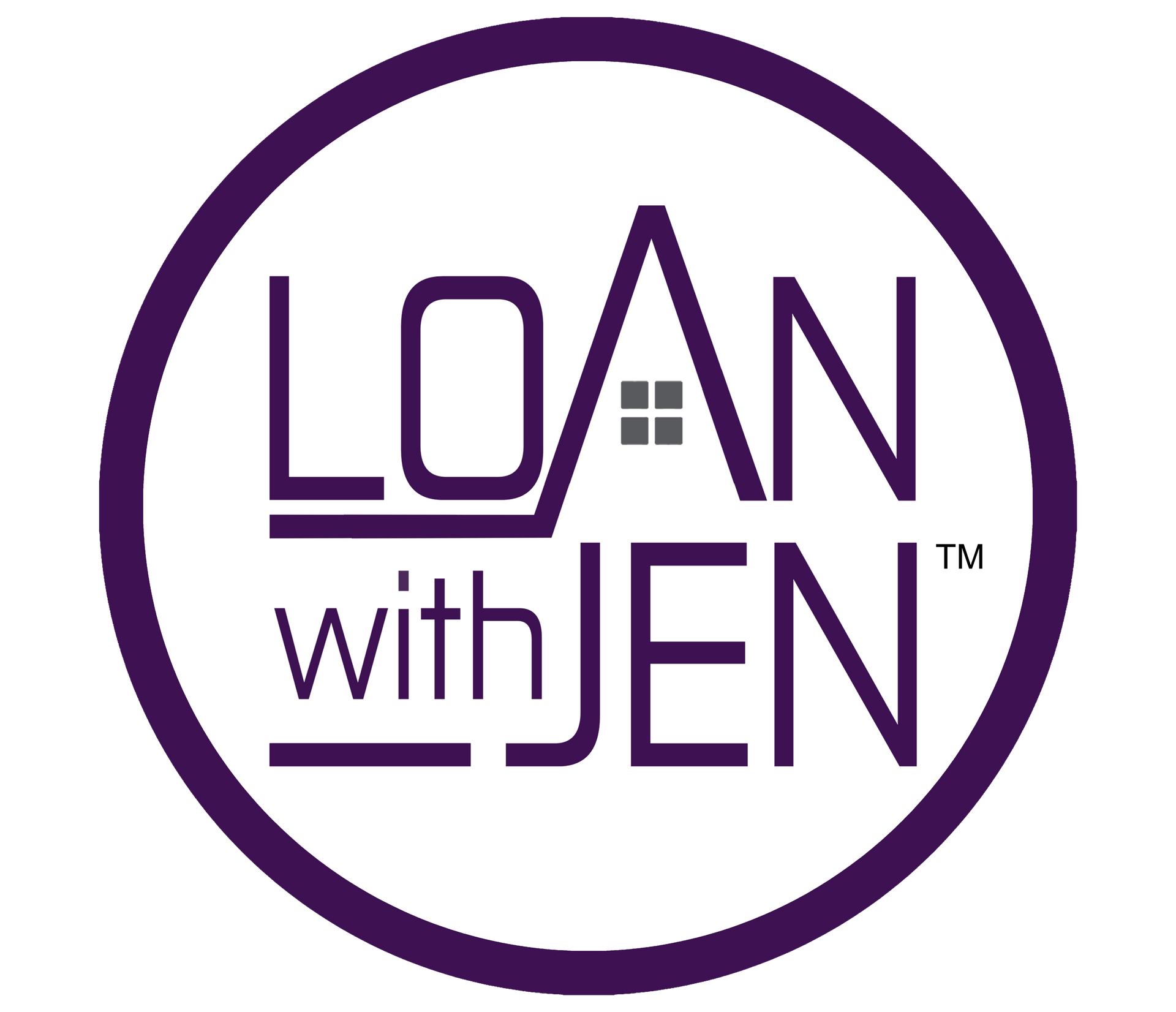We are an Equal Employment/Affirmative Action employer. We do not discriminate in hiring on the basis of sex, gender identity, sexual orientation, race, color, religious creed, national origin, physical or mental disability, protected Veteran status, or any other characteristic protected by federal, state, or local law.
Insurance: What You Need to Know About Rising Premiums, Coverage, and Savings Tips
Whether you’re a homeowner looking to cut costs on premiums, or simply want to understand the often-complex world of insurance, I’ve interviewed Kathy Leger with Leger Insurance, an expert in Texas home insurance to bring you all the inside information. From why premiums are rising to what’s really covered in those lengthy policy documents, we’ve got your back!
Why Are Homeowners Insurance Premiums Rising?
If you’ve noticed your premiums have skyrocketed recently, you’re not alone. According to Kathy, insurance rates are increasing nationwide. Why? It boils down to three factors: inflation in the cost of materials and labor, rising claims, and severe weather events. Repairs, rebuilding, and replacement of household items are all more expensive, so insurers pass on those costs to consumers. For example, the Texas freeze, wildfires in Hawaii, and hurricane claims across the U.S. have all driven up the need for funds, impacting policy rates in every state.
Is Homeowners Insurance Mandatory?
While insurance is required if you have a mortgage, if you’ve paid off your home, it becomes optional. Kathy advises against canceling your policy, if you’re mortgage-free. The cost to rebuild or repair a home is significant, and, as she notes, it’s not a matter of if you’ll need the coverage, but when. If you have the money to pay for a brand new house, doesn’t it make sense to pay a small amount each year so you don’t have to pay it all at once?
- Deductibles: Check your deductibles, especially for specific coverages like wind and hail. It might surprise you to learn what is covered and what is not.
- Consider Independent Agents: Independent brokers have access to multiple carriers, which can help them find the best fit for your needs. Kathy, for instance, works with a variety of companies and can help narrow down options based on the specific details of your property.
What’s Covered and What Isn’t?
Standard homeowners insurance policies cover typical “named perils” like fire, wind, hail, and theft. However, Kathy reminds homeowners that certain types of damages, such as flooding, poor workmanship, and natural wear and tear, are generally not included. You’ll want to carefully review the exclusions list in your policy — and don’t hesitate to ask your agent if you’re unsure.
For example, while hail damage to your roof might be covered, an aging roof may only be insured for a fraction of its original value. Additionally, “slow damage,” such as a small but consistent leak over time, may not qualify for coverage. Each claim can also impact your premium, so Kathy advises using caution when deciding to file a claim, especially for smaller expenses. Be sure to check out my other blog posts where I discuss how insurance premiums impact your monthly mortgage and other key financial considerations for homeowners.
The Role of Bundling in Premium Savings
While bundling can sometimes yield discounts, Kathy debunks the idea that it’s always cheaper. “Fake bundling” happens when auto-only or home-only companies partner to offer discounts that may not save as much as finding the best rates independently. Kathy’s team routinely checks different providers to make sure you’re getting the most value without bundling if it doesn’t make financial sense.
Understanding Flood Insurance and Deductibles
If you’re in a flood-prone area or anywhere in Texas, flood insurance is essential. While it isn’t included in basic homeowners insurance, premiums are lower if you’re not in a high-risk zone. Just keep in mind that flood insurance rates are tied to elevation and distance from bodies of water.
Deductibles, especially for wind and hail, can also be surprisingly high. Be sure to know your deductible amounts for each type of coverage, as some policies have separate deductibles for specific types of claims, like hurricanes.
Maximizing Your Homeowners Insurance Policy
For big-ticket items like HVAC systems, some policies offer endorsements or add-ons, like “Equipment Breakdown” coverage, which may be worth the additional cost. While not a replacement for home warranties, it can offer affordable protection for major household systems if they break down unexpectedly.
Kathy’s top advice is to avoid “low-cost” policies that skip essential coverage areas. You might save a few dollars now, but if a major event occurs, you could find yourself paying far more out of pocket.
Should You Write Off Insurance Claims?
Although each case varies, certain major events, like hurricanes, may qualify as tax-deductible in specific circumstances. Additionally, local property taxes might allow for a temporary reduction if your home has experienced significant damage. Always consult your CPA for the latest advice on tax-deductible claims and how they could affect your property taxes.
Homeowners insurance is a significant but necessary investment, and with rising costs, it’s important to know you’re paying for exactly what you need. Whether it’s protecting your home from natural disasters or ensuring you have the right type of coverage in place, a conversation with an experienced agent can make all the difference.
If you’re in Texas, reach out to Kathy for personalized advice. And if you’re outside of Texas, we hope the tips we’ve covered here can help you navigate the world of homeowners insurance with confidence. For more information, feel free to reach out and follow along for more insurance insights and updates.
In Texas you can reach Kathy Leger at www.legerinsurance.com
If you would like to reach our mortgage team Get In Touch Today.











